Blogging 101 - Great Blogging Starts At The Beginning
Whether you are blogging for personal use, your own business, or for a company, it can sometimes feel like your wealth of information and knowledge is falling on deaf ears. It takes more than great prose and expertise in your field to gain subscribers, start a windfall of dialogue with your readers, and if you are blogging for a brand, converting blog articles into sales revenue.
Start From The Foundation, Up
The first thing to do is to get onto a solid blog platform. WordPress is known to be the go-to for self-hosted blogs. What do we mean by solid? It is has a strong community for support (here, here, and all over the internet, including YouTube), you won’t have to worry about your blog getting shut down, and their plug-in directory has multiple options for everything you may need (many of them free). One must is to add an SEO plug-in to your WordPress blog.
Search engine optimization (SEO) is key to any successful blog. SEO is the organic, non-paid traffic from search results originating from search engines, like Google and Bing. If you go to Google.com and add a topic to the Search field, the results on the first page (after the paid ads) have the best SEO. (Other aspects of a blog site that help with SEO are the speed your website loads, the frequency you add original content to your blog, and more, but that’s a topic for another day). WordPress plug-ins such as Yoast can help your blog with its SEO, and the free version is great in itself. SEO Squirrly is also another great SEO plug-in, especially for non-SEO experts, as well as All in One SEO Pack.
If WordPress is not for you, then check out Squarespace. Their price point is reasonable for any budget, and their support through guides, videos, and workshops can turn any novice into a well-versed Squarespace blogger.
Medium is another blog platform but it works like a publisher as well. It is easy to use (great for beginners, no coding knowledge needed) with the functionality to embed items and add content from third parties such as YouTube, Vimeo, Instagram, Twitter, etc. You also get a built-in audience who can comment, share and recommend posts. If your business hosts its blog elsewhere, Medium is also a great second platform to gain exposure for your brand.
Ask Your Friends and Communities
Know where your audience hangs out online and reach out to those communities. Your task list should include:
- Ask your friends to share a link to your latest blog post.
- Share your content with active industry and fan forums with members who are passionate about the topics you write about.
- Be a guest blogger on other sites. This gives you a new arena to show your expertise and gain exposure. Backlink to your website in your bio for free publicity and better your SEO.
- Share your blog on social media and use well searched hashtags when appropriate. Also, feel free to add an update on an existing blog post with new information and repost with different quotes and messages.
Are you ready? Start blogging, and next time we will discuss how to grow your subscriber list.

